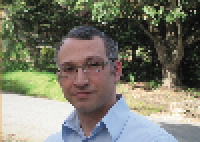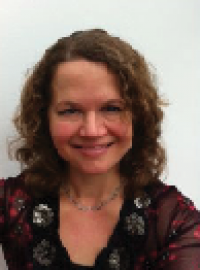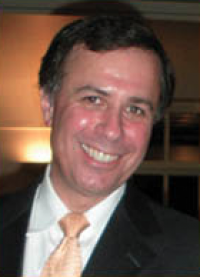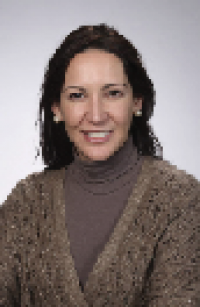Archive for April 2014
The High-foot Implosion Campaign on the National Ignition Facility
SPEAKER: DR. OMAR HURRICANE DATE/TIME: WED, 04/23/2014 – 4:00PM TO 5:00PM LOCATION: 3105 ETCHEVERRY HALL Spring 2014 Colloquium Series Abstract: Ignition has been a long sought-after goal needed to make fusion energy a viable alternative energy source, but ignition has yet to be achieved. For an inertially confined fusion (ICF) plasma to ignite, the plasma must be very…
Read MoreNuclear Energy, Risks, and Moral Emotions
SPEAKER: PROF.DR. SABINE ROESER DATE/TIME: MON, 04/21/2014 – 4:00PM TO 5:00PM LOCATION: 3105 ETCHEVERRY HALL Spring 2014 Colloquium Series Abstract: Technological risks raise important ethical issues. Although technologies such as nanotechnology, biotechnology, ICT, and nuclear energy can improve human well-being, they may also convey risks due to, for example, accidents and pollution. As a consequence of such side…
Read MoreThe Interface of Science and Policy
SPEAKER: DR. DIMITRI KUSNEZOV DATE/TIME: MON, 04/14/2014 – 4:00PM TO 5:00PM LOCATION: 277 CORY HALL Spring 2014 Colloquium Series Abstract: To provide insight on how science is drawn into time-urgent policy decisions through a series of examples. Many challenges exist on how to best inject science into decision processes and today it is often haphazard, requiring awareness of…
Read MoreClosing the Fusion Fuel Cycle: Tritium Recovery and Processing
SPEAKER: SUSANA REYES, PH.D. DATE/TIME: MON, 04/07/2014 – 4:00PM TO 5:00PM LOCATION: 3105 ETCHEVERRY HALL Spring 2014 Colloquium Series Abstract: Recent efforts on fusion energy at Lawrence Livermore National Laboratory (LLNL) have been focused on delivering a transformative source of safe, secure, sustainable electricity, using a laser inertial confinement approach. A future fusion power plant shall demonstrate the…
Read More


